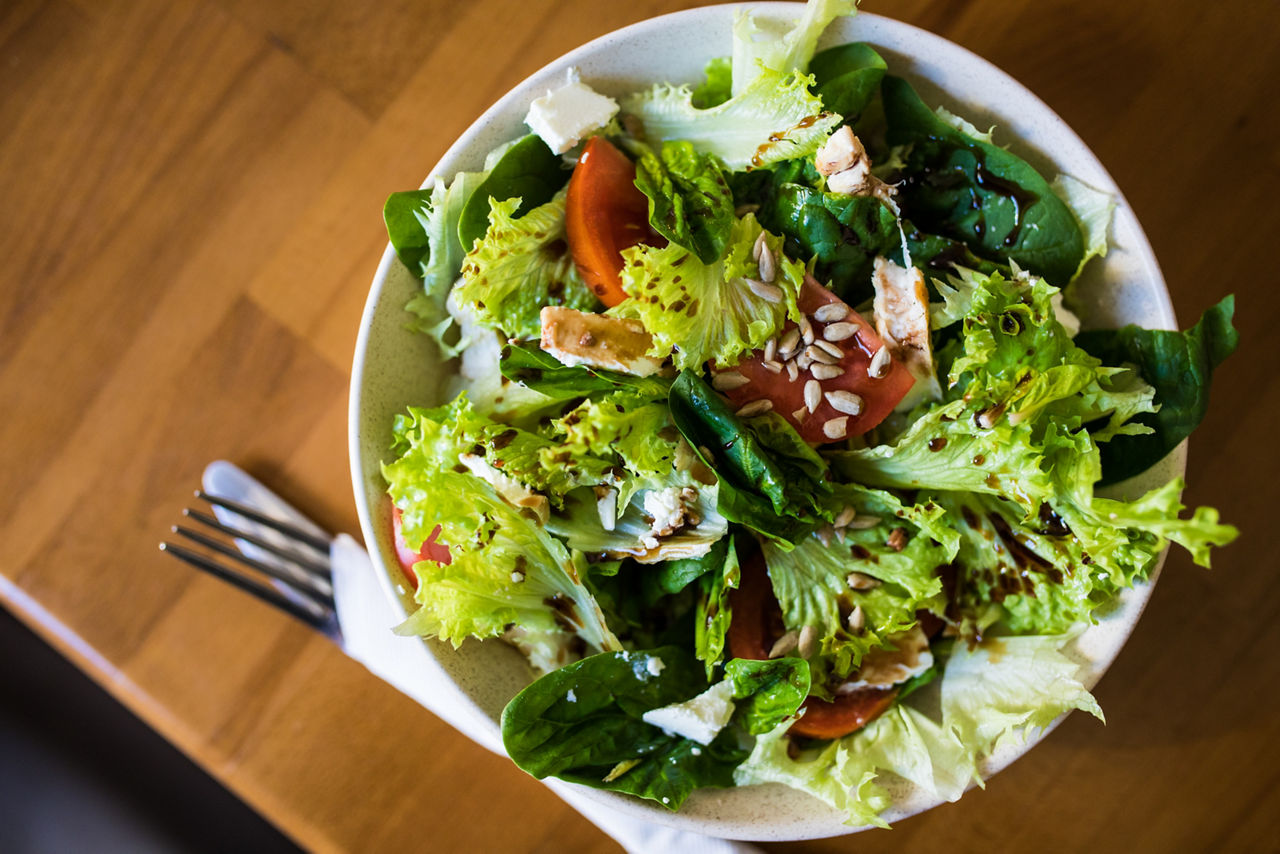Breastmilk is the best for babies. The World Health Organisation recommends exclusive breastfeeding for the first six months of life. Unnecessary introduction of bottle feeding or other food and drinks will have a negative impact on breastfeeding. After six months of age, infants should receive age-appropriate foods while breastfeeding continues for up to two years of age or beyond. Consult your doctor before deciding to use infant formula or if you have difficulty breastfeeding.
- Week 1
- Week 2
- Week 3
- Week 4
- Week 5
- Week 6
- Week 7
- Week 8
- Week 9
- Week 10
- Week 11
- Week 12
- Week 13
- Week 14
- Week 15
- Week 16
- Week 17
- Week 18
- Week 19
- Week 20
- Week 21
- Week 22
- Week 23
- Week 24
- Week 25
- Week 26
- Week 27
- Week 28
- Week 29
- Week 30
- Week 31
- Week 32
- Week 33
- Week 34
- Week 35
- Week 36
- Week 37
- Week 38
- Week 39
- Week 40
Which Fruits and Vegetables Powers my Pregnancy?
We hope you aren’t just eating the two slices of cucumber on your chicken rice! From apples and carrots to healthy greens, fruits and vegetables are an easy, delicious way to energize your day and help your baby grow. Here’s a guide on what’s good for you.
If there’s ever a time in life to indulge in fruits and greens, it’s during pregnancy. Many of the nutrients you and your baby need can be found in fruits and vegetables. These invigorating foods are packed with powerful vitamins, nutrients, fibre and antioxidants — many of which are key to your baby’s health and development2.
Get the right nutrients that are precious to the baby growing inside of you! Here’s a list of the best natural sources of essential vitamins and minerals.
Key Nutrients Provided by Fruits and Vegetables
Vitamin C: Important for normal immune protection. Sources include9:
• Broccoli
• Citrus fruits
• Tomatoes
• Red, green and yellow peppers
• Blackcurrants
Potassium: Helps to maintain blood pressure. Sources include17:
• Avocados
• Bananas
• Dried apricots
• Dark leafy greens
• Coconut water
Folic acid: Helps reduce the risk of neural tube defects. This is essential in the first trimester and recommended by the World Health Organization at 400 mcg per day. A supplement is usually required to reach adequate amounts. Good food sources include8:
• Broccoli
• Brussels sprouts
• Spinach
• Asparagus
Calcium: Contributes to your baby’s developing bones and teeth and is important for breastfeeding. Vegetable sources of calcium include:
• Dark leafy vegetables, such as broccoli, kale, watercress
• Green beans
• Brussels sprouts
Fibre: Aids digestion and prevents constipation. All fruits and vegetables provide some fibre, with some being especially good sources, such as:
• Peas
• Sweet potatoes
• Turnips
• Legumes
For tips on how much vegetables you need a day, check out the recommended five-a-day pregnancy diet, which ensures pregnant women get their 5 portions of fruits and veggies a day. Besides keeping a healthy diet, don’t forget to exercise regularly!

Connect with our team of experts
We provide advice and support for you on your parenthood journey




